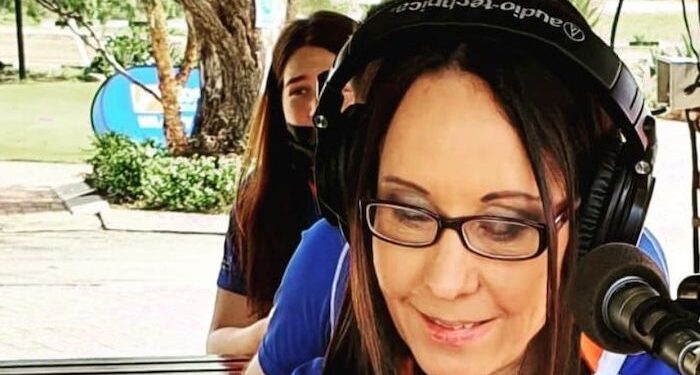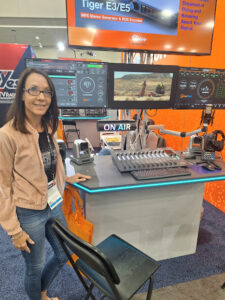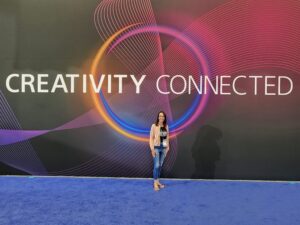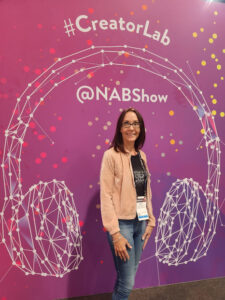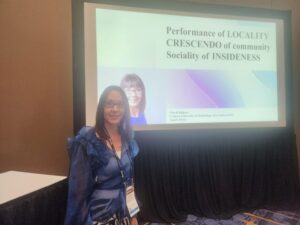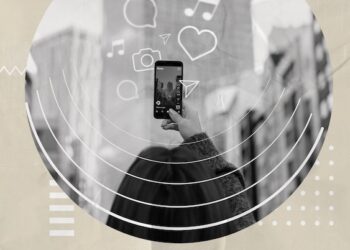[PARTNER CONTENT] Radio presenting is a rewarding yet challenging undertaking for novice and experienced radio personalities.
For radio presenters with a disability this task becomes even more daunting due to the many barriers they face from fully participating in the radio broadcasting industry, including access to infrastructure and technology, as well as attitudinal barriers.
Mardi Delport is a vision-impaired radio presenter in South Africa, having worked in a variety of community and commercial radio stations for the past three decades. She currently hosts the Saturday mid-morning programme on Rosestad 100.6FM, a community radio station broadcasting to the Afrikaans-speaking Christian community in and around Bloemfontein.
Mardi was born with retinopathy of prematurity, a condition she shares with American soul singer Stevie Wonder. It is a disorder of retinal blood vessels that may occur in babies who are prematurely born. She lost vision in her left eye while still a baby due to complications of this condition, while her right eye has had retinal cryotherapy to stabilise the condition.
Radio is her first love
While radio will always remain her first love, Mardi is grateful that she can combine her two passions, radio and research, in her capacity as a senior lecturer in the Department of Communication Sciences at the Central University of Technology, Free State (CUT).
She lectures various media-related modules for under- and postgraduate students, including Media Studies, Creative Writing for the Media, Broadcast Journalism and Publishing.
In her latest research article, ‘On a blind date with my first love, radio’, she reflects upon her 30-year-long journey in the South African radio industry and brings to the pages her story as a female vision-impaired radio presenter. Through thorough introspection, she unravels her performances both inside and outside of the studio and takes an in-depth look at the factors that challenge and facilitate her performances.
We do fit in this space
She shares scenes and memories from her broadcasting journey to foster a better understanding and greater appreciation among normally sighted radio professionals. Mardi shares her story to assure other disabled radio presenters, as well as herself, that they do fit into this space.
She underscores the significance of love and intentionality in creating an inclusive environment for people with disability and provides recommendations for best practice. This autoethnographic paper was published in the Journal of Radio and Audio Media in January 2025.
Of all the programming formats she has engaged in over the past three decades, she enjoys outside broadcasts the most due to the interactivity that these programmes foster. So much so that she published a practice-led research paper in Communitas at the end of 2024.
Panelist at industry conventions
In this article, she outlines the factors that impact positively and negatively on outside broadcast performance and interaction and establishes the interplay between these two concepts.
Mardi is a member of the Broadcast Education Association and has attended the annual convention, coinciding with the NAB Show in Las Vegas, for the past two years. In 2024 she presented a poster about her experiences as a vision-impaired radio presenter.
This year, she was a panelist for the session Reinventing and Reclaiming local radio. She was joined by Tim Zunckel, lead consultant: Tuned Media, Andrew David, adjunct professor: Nottingham Trent University, and Tony DeMars, professor in the Department of Communication and Media at Lamar University and Associate Editor of the Journal of Radio and Audio Media.

